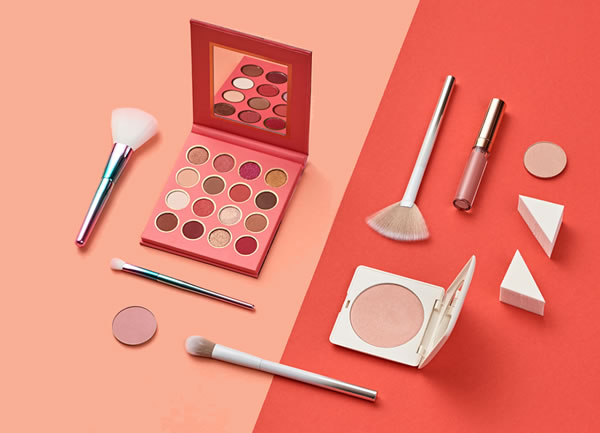You may have read reports in the media that some fragrances may cause harm and an increase in allergy. CTPA understands the worry that the alarming headline may have caused and we would like to correct the misinformation in the article and help allay any concerns.
Confidence in our fragrances and cosmetics
It is important to stress that fragrances are covered by strict safety legislation, the same stringent European laws that apply to all other cosmetic products, and require them to be safe. We can be confident in the safety of our perfumes and fragranced products because all cosmetic products, including the fragrances, must undergo a rigorous safety assessment by an appropriately qualified scientist, before being made available for purchase. The safety assessment takes account of all the ingredients used in the product, irrespective of their source, how the product will be used, by whom and how often.
Labelling
All cosmetic products sold in the European Union, and many other places around the world, must display a complete ingredients list. This helps users to identify products with ingredients to which they know they are sensitive. All cosmetics that contain any fragrances will have the word 'parfum' in the ingredients list and 26 fragrance ingredients, many of which are present in essential oils and are considered more likely to cause reactions in susceptible people, will be named separately in the ingredients list if present in the product. This is to help people to make informed choices about what they buy, particularly if they have a diagnosed allergy to a specific fragrance ingredient.
What should you do if you think you are allergic?
Did you know that almost any substance, natural or man-made, has the potential to produce an allergic reaction in someone, somewhere? Every person is different and while one person might find themselves allergic to a substance, others may come into contact with it without any problems at all. Many people can eat peanuts or shellfish safely and yet some cannot. Another example is how pollen makes summer miserable for hay fever sufferers, but the majority have no such problems.
It is not possible to avoid all substances in cosmetics that may be able to cause a rare allergic reaction in someone, somewhere, any more than we could avoid all foods to which someone might be allergic. Importantly, you may not know you are sensitive to an ingredient until you try out a product and have an adverse reaction.
If you have a reaction to a cosmetic product always let the manufacturer know (contact details are provided on the pack) so that they are aware that someone has experienced a reaction to their product. They will then be able to advise you further on what action to take next. If the reaction persists or recurs or you are otherwise concerned, you should consult your GP.
Your GP may refer you to a skin specialist, such as a dermatologist. A dermatologist will be able to diagnose the cause of the problem, advise on how to treat it and help you to avoid further reactions in future. In particular, they will advise on the ingredient(s) that you should avoid.
The Importance of Fragrance
Fragrances do more than make a product smell nice: they can help to enhance our moods and make an important contribution to how we feel about ourselves. The way a product smells is often one of the most important factors in helping us choose which cosmetics we buy. However some people may wish to choose unfragranced products, so the cosmetics industry provides an array of different products to suit all people's tastes and needs - including fragranced and unfragranced products. The key is to check the label and the Ingredients list.

